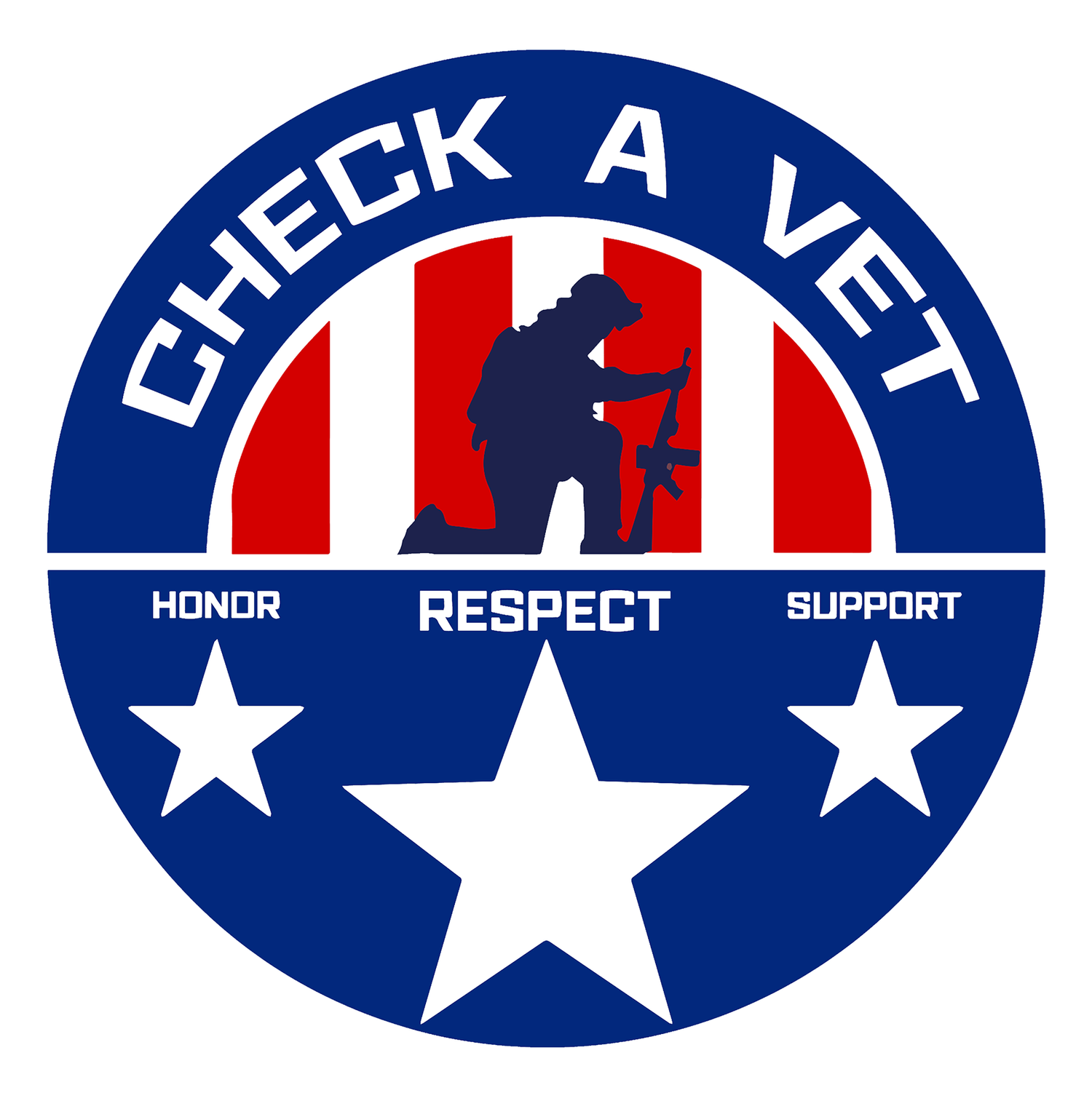
Safety Issues
If you believe a Veteran is at high risk and has already harmed himself or herself, you need to call local emergency services at 911.
• Never negotiate with someone who has a gun. Get to safety and call 911.
• If the Veteran has taken pills or harmed himself or herself in some way, call 911.
Veterans who are in emotional distress and are showing warning signs for suicide can be connected to the 24-hour Veterans Crisis Line:
Call 988 and Press 1, use the online chat or text 838255.
The presence of any of the following signs requires immediate attention!!!
- Thinking about hurting or killing themselves
- Reading or seeking information on ways to die
- Talking about death, dying, or suicide
- Showing hopelessness or expressing that they have no reason to live
- Talking about feeling trapped, being in unbearable pain, or a burden to others
- Self-destructive or risk-taking behavior, especially when it involves alcohol, drugs, or weapons

Suicide Safety Plan
You don’t have to be an expert to ask if someone is going through a difficult time or having thoughts of suicide. If you notice changes in a Veteran’s behavior or moods and you think they might be in crisis, it’s time to respond. The simple act of having a conversation can help save a life.
Here are some ways to approach a conversation with a Veteran who may be suicidal.
First, assess the situation to determine if the Veteran may be in imminent danger. Check to see if there are any harmful objects in the area, such as firearms, sharp objects, or lethal drugs. Those at the highest risk for suicide often have a specific suicide plan, the means to carry out the plan, a time set for doing it, and an intention of following through with it. Asking whether a Veteran is having thoughts of self-harm or suicide may seem extreme, but it is important. Although many people may not show clear signs of intent to harm themselves before doing so, they will likely answer direct questions about their intentions when asked.
Remember, asking if someone is having suicidal thoughts will not give them the idea or increase their risk. However, some of those who are at risk may not admit that they plan to attempt suicide. In case the Veteran won’t talk about it, be sure to look for warning signs in the box above.
If you and/or the Veteran are not in imminent danger, start a conversation to help the Veteran open up and to find out how you might be able to help. You can ask questions such as:
“When did you first start feeling like this?”
“Did something happen that made you begin to feel this way?”
“You’re not alone, even if you feel like you are. I’m here for you, and I want to help you in any way I can.”
“It may not seem possible right now, but the way you’re feeling will change.”
“I might not be able to understand exactly what you’re going through or how you feel, but I care about you and want to help.”
When responding to answers from a Veteran, remember that simple, encouraging feedback goes a long way in showing support and encouraging help-seeking:
Even for Veterans who do not appear to be suicidal, it is important to direct them to
resources to help them face mental health challenges and more.









